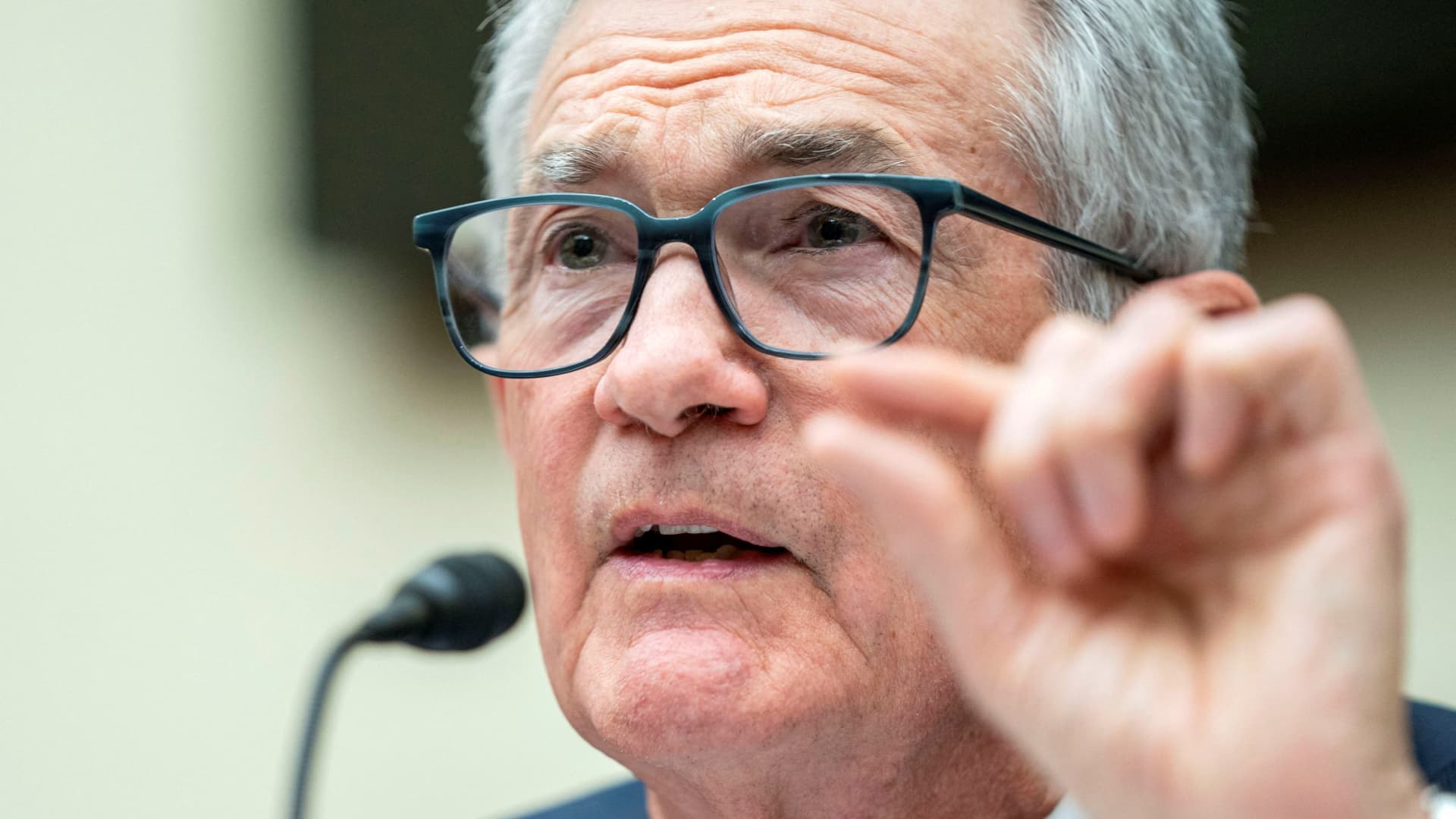The landscape is rough, businesses are tripping over one another, trying to gain traction in overly competitive markets. Occasionally, one pushes through the crowd and stands out as innovative, as a game changer, as a thought leader. It’s this business that now resonates with an audience. Where others try to be heard, they are drowned out or at least muffled by the creative and engaging methods used by the successful organisation. It begs the question, how?
How is one brand styling itself so differently, yet also remaining so similar to the others? The answer lies in the brand experience.
Where some businesses stick with traditional taglines, aged campaigns, boring logos and the memories of yesterday’s success, others dare to be different. They know that today, in a world of hyper-connectivity, the consumer wants more. The customer wants to feel associated with the brand, they want to live it, be it, feel it. And that is where the brand experience comes into play.
What is brand experience?
Think about a selection of the world’s biggest brands. You might think of Apple, Tesla, Sony, and Nike. You might also think of Meta, Alphabet, and Invidia. How you think of them has been born out of experience, either as a consumer or observer. The reason you feel this way has been carefully crafted by a brand experience agency in London or any other city. Meticulous thought has gone into how you experience what the brand does and what feelings you have for it.
Where in the past, brands relied on billboard ads, TV campaigns or features in printed publications, today, successful businesses in a B2C space make use of social media, live events, personalisation and giving consumers a long-lasting positive memory of the brand. This isn’t just at the transactional end of the funnel, it’s for every part of the customer journey. From how the brand is perceived to how it gets seen, to how it gains its reputation, through to completing the sale. Even after that, the brand experience still needs nurturing, whether it be through touchpoints like emails, discounts, event invites and more.
We could use IKEA with their in-store sleepover as an example, or Spotify with their live Spotify Wrapped party. These are unique events where the enduring memory of the brand is positive, fun, engaging and memorable.
That’s what a brand experience is all about and so much more.
Brand experiences can stem from:
- Pop-up shops
- Live-streamed events
- Immersive experiences
- Interactive platforms that put consumers in the position of creators
Yet they also stem from the communications you receive from them before or after a purchase, the social media campaigns that promote them or the way the staff engage with you in person, online or over the phone.
Why does experiential branding work?
Experiential branding works because it has a degree of personality about it. It’s relatable and makes those taking part, observing or simply learning about it all feel connected to the brand in some way.
The experience garnered from a brand experience gives the consumer a sense of ownership, a sense of inclusion, perhaps a sense of worth. For the brand, the return can be huge. Not only in terms of revenue, but in terms of long-term reputation and customer loyalty too.
Brands could see themselves resonating with customers in many ways:
- Deeper connections: The product or brand is no longer just a product or a brand. It’s a memory of something positive, exciting and worthwhile.
- Enhanced loyalty: We’ve touched upon this already, but with that lingering memory of an incredible brand experience, customers who feel engaged and connected to the brand are more likely to stay with them for the long term.
- Wider brand awareness: Everything is instantly shareable these days, and brand experiences are cultivated to make that possible. Where consumers enjoy themselves and have lasting memories, they share photos, videos, statements, and competitions from their experience. This doubles up as not only a celebration of the great time they had, but also further exposure for the brand and what it stands for.
- Standing out from the crowd: Where competition is fierce, standing out is the only way to be truly noticed. Great experiences throughout the customer journey allow that to happen.
Brand experience: Building the strategy
If you decide that hiring an experiential agency isn’t for you, you can attempt to do things yourself. Granted, it isn’t always easy, and you won’t be able to fall back on specific expertise, but your product knowledge, innovation and focus could help.
You’ll want to:
- Learn your audience: Conduct research into learning more about your customers. What do they like, what do they care about, and what have they objected to before? Also, look at how they shop with you. Is it online or in-store?
- Look at your brand’s core values: Let the values your brand holds guide the narrative of the brand experience. If sustainability is a key feature, shout about it and use it to help make your experience relatable.
- Investigate the channels that work and don’t work: Will your brand experience work best in person? Could it be better experienced online? Could a hybrid event give you the reach and the feel you need?
- Personalisation: Remember, it is all about the customer and what they feel, remember and think. Look to create experiences where they feel seen, heard and valued.
- Consistency: You want the same feeling to be experienced at every part of the customer journey. Look at how each touchpoint will make a customer feel and how it can be refined to ensure they continue on the journey with you and only have positive thoughts about it.
How can you create a valid and meaningful brand experience?
The easiest way is to use a reputable brand experience agency. That way, you can keep your focus on the product, your existing customers, and all the parts of the business where you truly excel.
Hiring an agency allows you to take advantage of:
- Fresh ideas backed by case studies, research and industry expertise.
- The ability to translate a vision into a physical event or process.
- An experienced management team that can craft an event from start to finish.
- Experts in tech, event rollout, staffing and KPI measurement.
With an agency on board, you don’t just have an idea; you have a clear vision that is brought to life. Creating a brand that people believe in, trust, respect and feel connected to is no longer just about the product. It’s about the people, the emotions and the memories.








